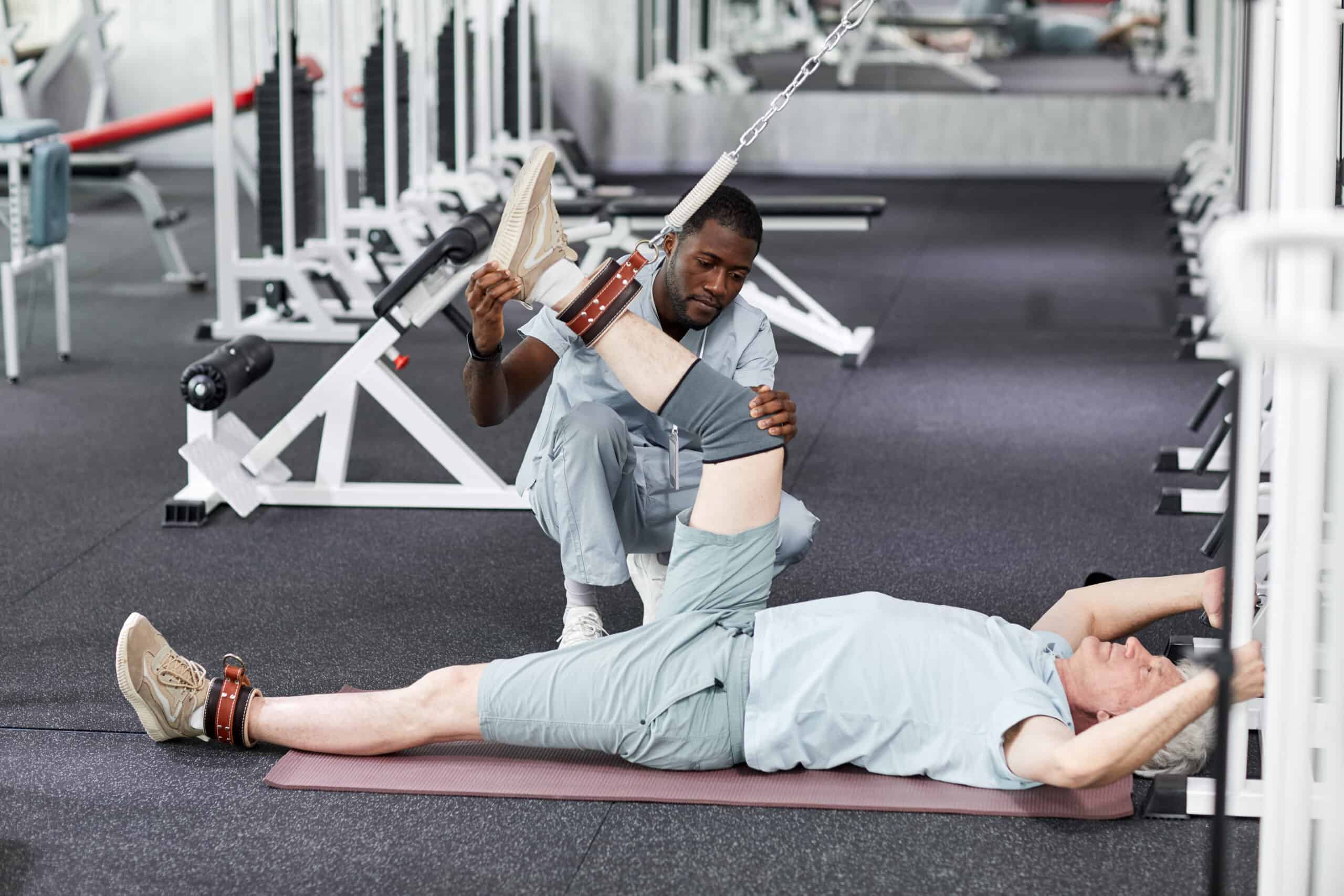Physical therapy plays a crucial role in managing pain, whether it’s acute pain following an injury or chronic pain affecting daily life. By understanding the types and sources of pain, physical therapists tailor treatments to each individual’s needs, combining science, experience, and innovative techniques to provide relief and improve function.
Pain is more than just a sensation; it’s a complex experience influenced by the body and mind. A personalized approach to pain management, recognizing the unique ways in which individuals experience and cope with pain, is essential for effective treatment.
Assessment Techniques in Physical Therapy
The first step in any physical therapy treatment plan is a thorough assessment. By evaluating a patient’s specific pain points, movement patterns, and functional limitations, therapists can design a customized plan that addresses the root causes of pain.
Manual Therapy Techniques
Manual therapy involves hands-on techniques to manipulate muscles and joints, providing pain relief and improving mobility. Techniques like mobilization and manipulation are foundational to physical therapy practice, offering immediate benefits for many patients.
Exercise-Based Therapies
Tailored exercise programs are central to pain management in physical therapy. Strengthening, stretching, and conditioning exercises not only alleviate pain but also prevent its recurrence by improving overall physical health.
Technological Advancements in Physical Therapy
Modern physical therapy incorporates technology like ultrasound, Transcutaneous Electrical Nerve Stimulation (TENS), and laser therapy to enhance treatment outcomes. These technologies offer non-invasive options for pain relief and tissue healing.
Pain Management for Specific Conditions
Physical therapy is effective for a wide range of conditions, from back pain and arthritis to sports injuries and post-surgical recovery. By focusing on the specific needs associated with each condition, therapists can significantly reduce pain and improve functionality.
An integrative approach, combining physical therapy with other treatments such as nutrition and lifestyle changes, can enhance pain management outcomes. Addressing the whole person, rather than just the symptoms, leads to more comprehensive and lasting relief.
Geriatric Pain Management in Physical Therapy
For older adults, physical therapy not only manages pain but also addresses the challenges of aging. Preventative strategies and tailored treatments help maintain independence and quality of life.
Home-based Physical Therapy Techniques
Home-based techniques empower patients to take an active role in their pain management. Simple exercises and practices can be incorporated into daily routines, providing ongoing relief and preventing future pain episodes.
Patient Education and Self-Management
Educating patients about their conditions and pain management strategies is key to successful therapy. Providing tools and knowledge for self-management encourages independence and long-term wellbeing.
The Psychological Aspect of Pain Management
Physical therapy also addresses the psychological impacts of chronic pain. Techniques that focus on the mental and emotional aspects of pain can improve outcomes and support overall mental health.
Ongoing assessment of progress is essential for adapting treatment plans and ensuring the effectiveness of physical therapy. Feedback from patients helps therapists refine techniques and strategies for pain management.
The Future of Physical Therapy in Pain Management
The field of physical therapy is constantly evolving, with new techniques and technologies on the horizon. The future promises even more innovative approaches to pain management, enhancing the role of physical therapists in healthcare.
Effective physical therapy techniques for pain management empower patients to overcome pain and reclaim their lives. By addressing physical, psychological, and lifestyle factors, physical therapy provides a comprehensive approach to pain relief and functional improvement.
Contact us right now and book your appointment!



